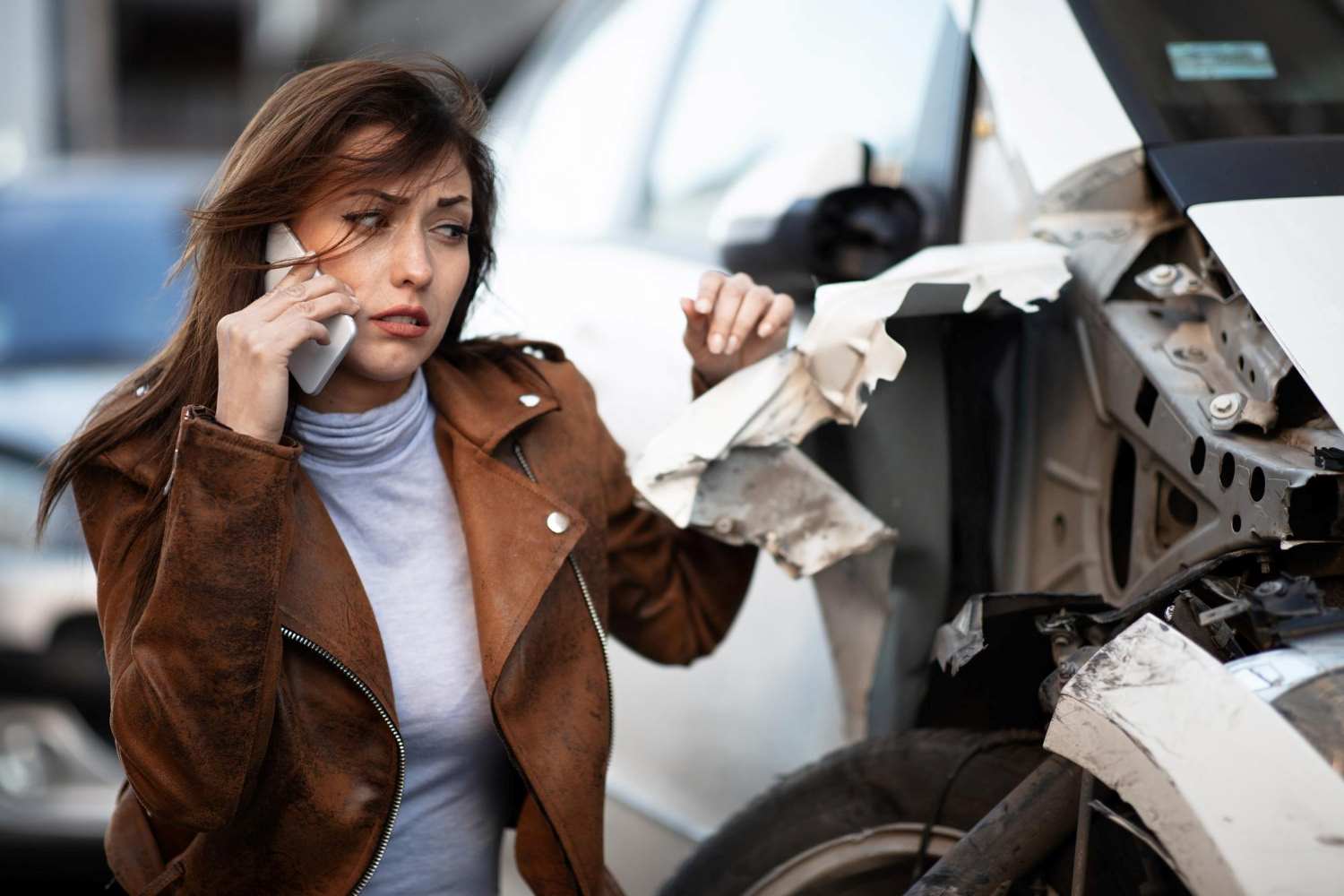
Even small fender-benders can leave you shaken. At that moment, it’s easy to forget what to do first. But the way you respond after a minor car accident can affect how smoothly your insurance claim goes and how protected you remain.
If it's safe to do so, pull your vehicle over to the side of the road. Activate your hazard lights and avoid standing in traffic. Focus on safety first, rather than on documentation.
Even if the accident seems minor, leaving the site could result in penalties. Always stay, check for injuries, and exchange information before you go.
Swap names, phone numbers, driver’s license numbers, and insurance details with the other driver. Take clear pictures of both vehicles, license plates, and the surrounding area. These photos help your insurer accurately assess damages.
It’s natural to say “I’m sorry,” but avoid admitting fault. Sometimes the real cause isn’t obvious right away. Let the insurance companies and police determine responsibility.
Even in a minor crash, a police report can be very helpful. It acts as an official record for your insurance claim and can protect you from disputes later.
Report the accident to your car insurance provider as soon as possible. Quick reporting helps prevent delays in processing your claim and ensures you get repairs covered promptly.
Some injuries, like whiplash, appear hours later. If you feel sore or dizzy, get checked by a doctor. Your health comes first and medical records also support insurance claims.
Handling a minor accident calmly and correctly makes all the difference. Car insurance is there to protect you, not just your vehicle. Knowing the do’s and don’ts ensures you stay covered, safe, and stress-free after any bump in the road.